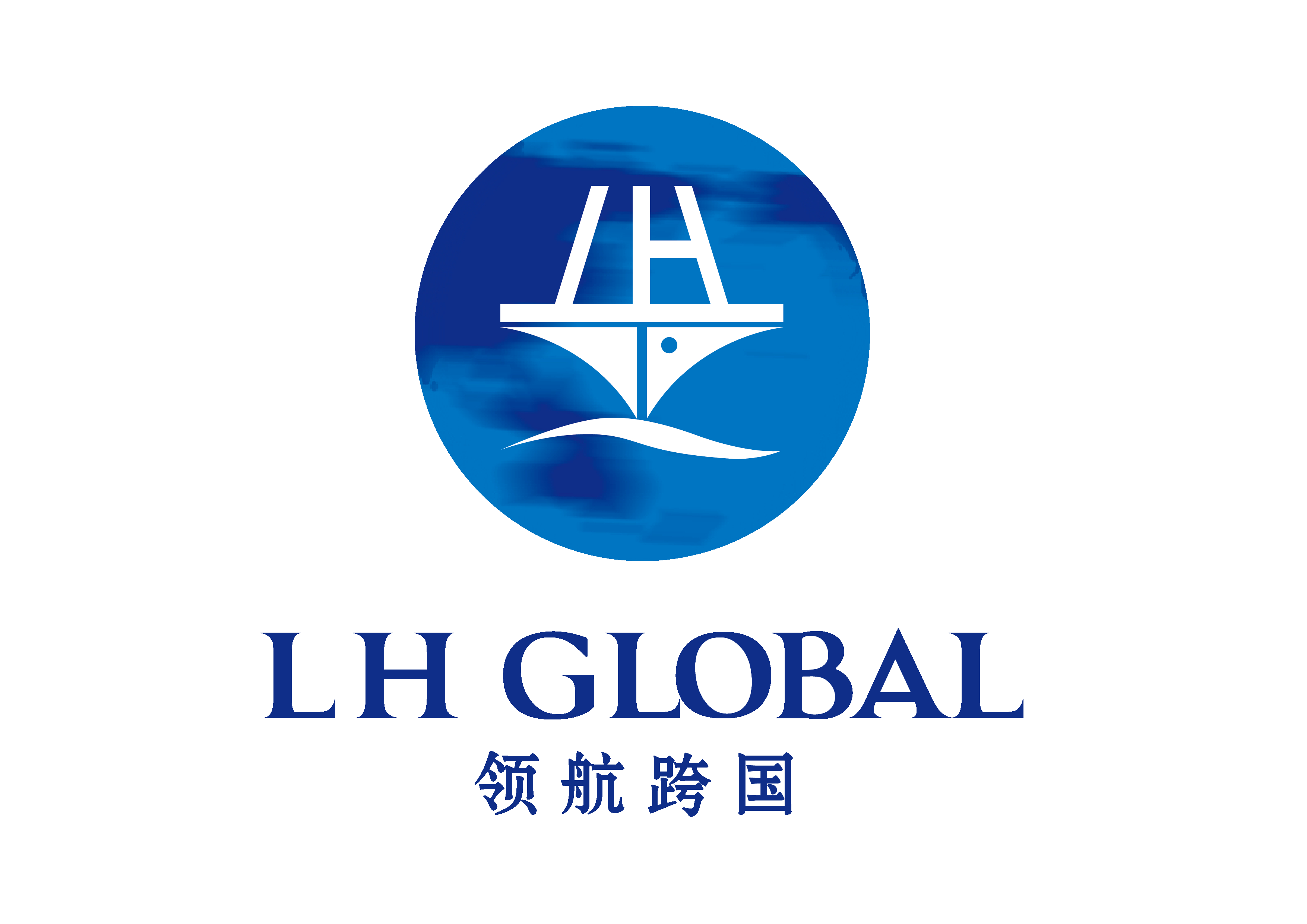Coronavirus travel ban extended again and its impact
The Minster for Foreign Affairs and the Health Minister has announced that the COVID-19 travel ban will extend until Saturday 29 February 2020, but also supports the right of Australian citizens and their immediate families to be exempt from the travel ban and to be allowed to return home.
The Prime Minister has clearly articulated that the spouses and partners of Australian citizens and permanent residents will be allowed to travel to and enter Australia.
However, the MIA holds evidence that the Australian Border Force is not complying with the Prime Minister’s directive and that spouses and partners of Australians are having their visas cancelled and prevented from returning to this country, as well as being banned from applying for another visa for three years.
No clear processes for allowing the partners and families of Australian citizens and permanent residents to return to Australia appear to have been communicated to the airlines. Additionally, the Department of Home Affairs has not provided the migration profession with any information on the processes that will be employed to restore cancelled visas.
Cancellations of visas pose very serious consequences to the former visa holders. Under law to have the cancellation revoked, the former visa holder must apply within 28 days of the cancellation and demonstrate that there are compelling and compassionate grounds for the revocation.
Given the large numbers of visas being cancelled, whatever process is employed, it could take from weeks to months for all cases to be resolved. If the original visa expires before it is restored, those former visa holders will have to apply for new visas.
Impact of travel ban on applicants for 491 / 190 nomination
The ACT Government has provided the following information for MIA members.
All applicants for ACT nomination must meet the eligibility criteria at date of Matrix submission. However, if an applicant’s return to Canberra is delayed due to the COVID-19 travel ban, they:
- will meet the ACT ’continuous residence’ eligibility criteria for the period of the travel ban; and
- can request a waiver of the ‘continuous employment’ eligibility criteria. A waiver request should include supporting documentation to evidence the impact of the delayed return (e.g. evidence of cancelled flights, employer agreement to accept the extended absence as unpaid leave, etc.). Applicants will still be required to meet the 3 months employment criteria (either before and / or after their return to Canberra) before the Matrix can be submitted.
Example:
A 491 applicant worked for 9 weeks in Canberra and went back to China for 2 weeks (on paid annual leave). Due to the travel ban, they are forced to take unpaid leave before returning to Canberra and resuming employment:
- They can submit a 491 Matrix after working another two weeks on their return to Canberra: 9 weeks work prior to departure + 2 weeks paid leave + 2 weeks work on their return to Canberra = 13 weeks continuous employment (the period of unpaid leave due to the travel ban will be ignored).
The MIA congratulates the ACT Government on taking this common sense approach to this issue and hopes that other States and Territories will follow its lead.
Any inquiries please contact us at marketing@lhglobal.co
Source from:

